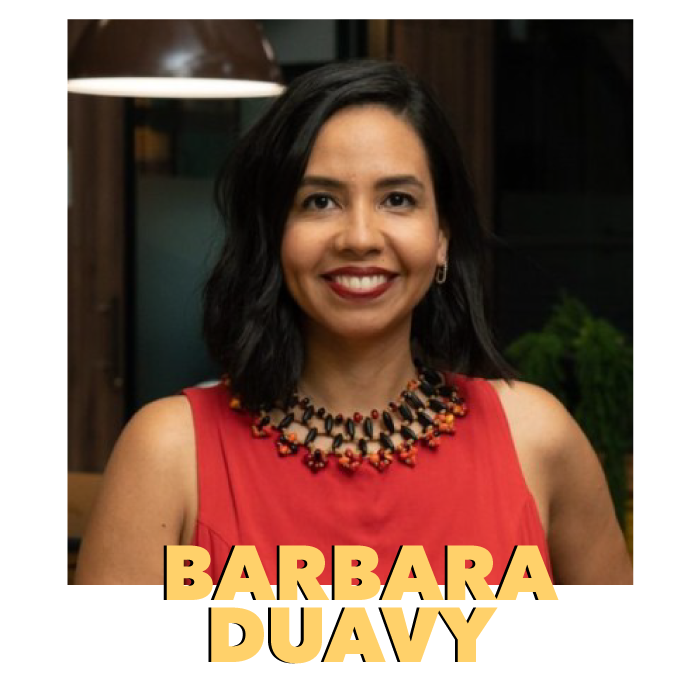Since the integration of Oni into CBA Design, I have received many congratulations, and they are usually accompanied by a « Wow, a woman part of the board! ». It took me a while to understand that being part of a minority group brings responsibility. When we manage to break some bubble, we are few and part of a small group, and our mere presence in that place is capable of reverberating and making new dreams possible. This is the power of representation. Bloomberg’s Gender Equality Index 2023 shows that companies that have more female board members have many more female executives across the company. I am happy to be part of that movement.
The consolidation of a People & Culture area in CBA B+G strengthens the objective of consolidating ourselves not only as a reference company in design, but also within our organizational environment, fostering talents and careers, promoting a healthy environment that adapts and evolves over time. It also means taking responsibility in building the desired world. Our ESG goals will drive us in transformation, steadfast in the quest to generate positive impact inside and outside the organization.
This movement of corporations to take a leading role in affirmative actions that accelerate latent transformations in society is essential and urgent. As a woman in leadership who seeks to promote this reality as much as possible, I always ask myself: what made me get this far and be one of the few?
I will not fall for the fallacy of meritocracy, if it exists, it is only after the opportuny(s) … and I realize that I am here because my parents not only put my development as a top priority, but never tried to erase my natural talents or tried to put me in a little box of what a girl should do, study or how to behave.
The most classic story of my childhood, and one that my parents love to tell, is when I made my first petition, at the age of 6. At school, we were informed that our teacher was « leaving ». I, with my capitular letters still crooked, made a document requesting that the teacher stay and made my little classmates sign it. My parents were called to the school. The headmistress wanted to give a kind of warning and scolded my parents, saying that they should teach me « not to question and to follow the hierarchy ». They could have agreed, fought with me, grounded me. But they defended me and suggested that the school should question when they disagree with something, and not the other way around.
I believe this may seem like a one-off case, but it was one of those cases that directs an entire life. My leadership could have been eliminated little by little, from that moment on, if I hadn’t had the support to continue. To have more women in leadership positions, we also need society to show them, from a young age, that this is a possible path. Show them that when their dreams and actions are valued, in adult life they will have more confidence in following their path.
Barbara Duavy, Managing Partners & Head of Culture CBA B+G

